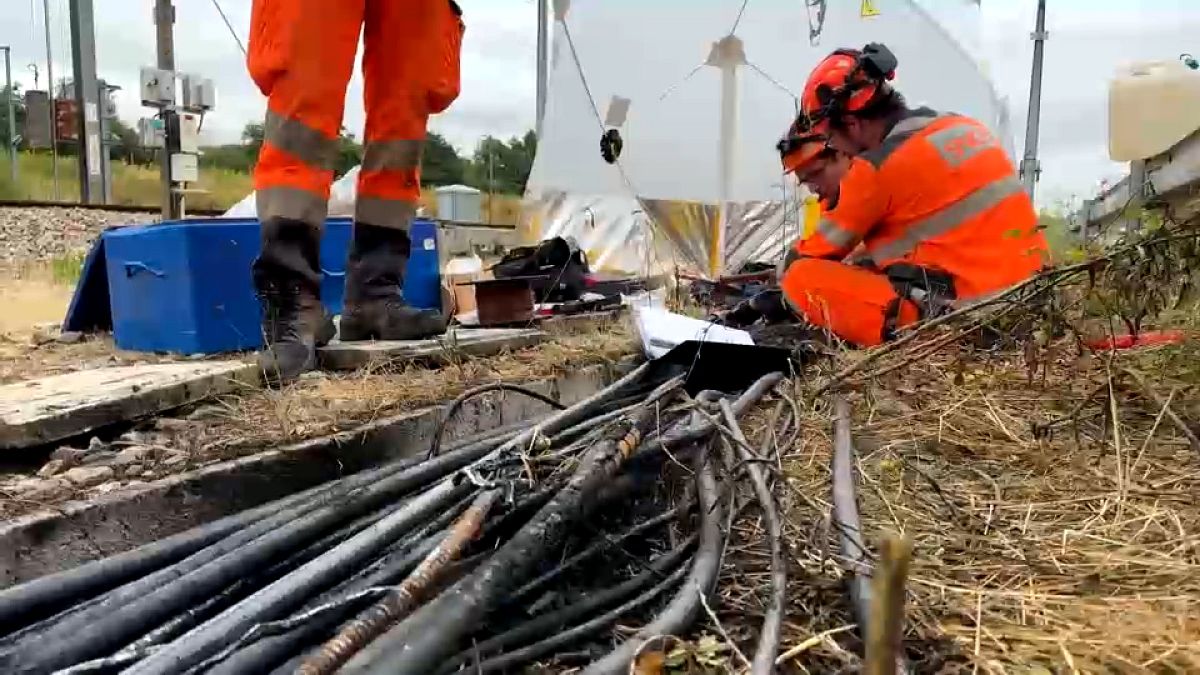Kiwis are paying more at the petrol pump for longer than they should due to a “noticeable lag in retail prices being lowered”, according to the Commerce Commission.
Latest analysis of fuel monitoring data showed retailers are quick to increase fuel prices when costs went up, but slower to bring prices down when global oil prices fall or exchange rate changes reduce costs.
The Commission said motorists would benefit by “around $15 million a year” if fuel companies were to drop prices as quickly as they increased them when costs increase.
“We can see clear evidence showing that fuel companies maintain temporarily higher margins after a decrease in their costs, lasting up to two weeks – at great expense to Kiwi motorists,” said Commissioner Bryan Chapple.
He said there is a “noticeable lag in retail prices being lowered in response to decreases in underlying costs”.
“In a healthy and competitive fuel market, we expect to see changes in underlying costs fully passed through into retail prices promptly,” said Chapple.
Chapple said motorists should see financial benefits passed on to them following the removal of the Auckland Regional Fuel Tax on June 30, 2024.
“If fuel companies don’t reflect this drop promptly in retail prices, Aucklanders could be over-paying by nearly $1 million in the first week alone.”
Following a market study into the fuel sector the Government established a regulatory regime aimed at promoting competition in the industry in an attempt to benefit consumers.
It was seeking information from fuel companies on how they are setting prices, in a bid to find out if the prices can be justified based on costs or other factors.
Chapple said the Commission will keep “a close watch on the pricing tactics and pass-through of cost changes by fuel companies” in the future.
Z Energy responds
In a statement Z Energy said it was “committed to ensuring our customers get a fair deal at the pump”.
“We price our fuel competitively with the aim of offering value and service to our customers and undertake daily pricing reviews.”
The cost of fuel at the pump was made up of a number of factors.
“Decisions Z makes regarding any price changes (up or down) are based on the multiple price inputs. When you’ve got external factors like the oil price moving around a lot, we do our best to moderate the impact on customers, a bit like a shock absorber.”
“Ahead of the Auckland Regional Fuel Tax ending at 11.59pm on 30 June, we are working to ensure this change is immediately passed on to our customers in full.”












